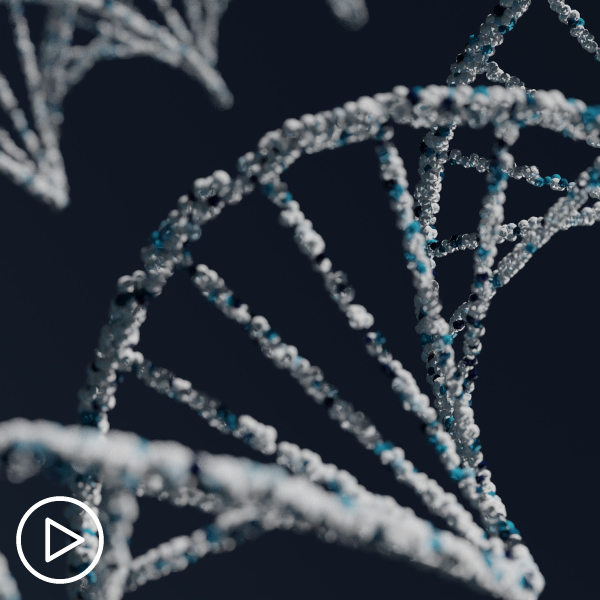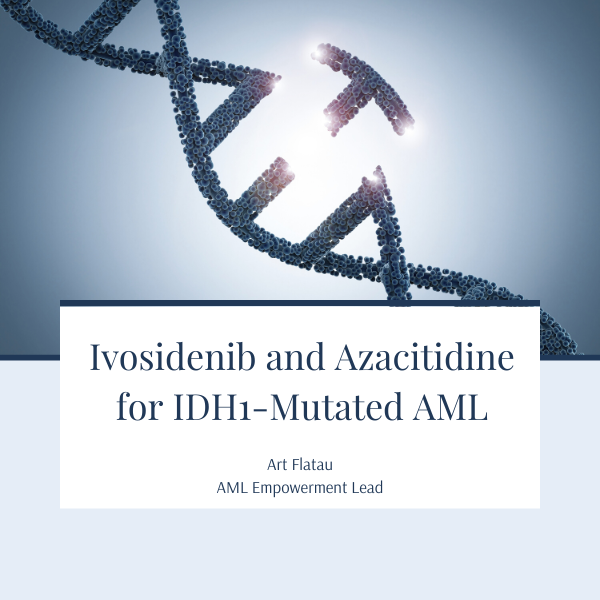Acute Myeloid Leukemia (AML)
Acute myeloid leukemia (AML) is a fast-growing form of cancer of the blood and bone marrow. AML is the most common type of acute leukemia and occurs when the bone marrow begins to make blasts, cells that have not yet completely matured. These blasts normally develop into white blood cells, but AML, these cells do not develop and are unable to ward off infections.
In AML, the bone marrow may also make abnormal red blood cells and platelets. The number of these abnormal cells increases rapidly, and the abnormal cells begin to crowd out the normal white blood cells, red blood cells and platelets that the body needs.
This site provides general information. Please talk to your own doctor to make healthcare decisions that are right for you.














![[ACT]IVATED Program Logo [ACT]IVATED Program Logo](https://powerfulpatients.org/wp-content/uploads/Program-page-image-option-1.png)










